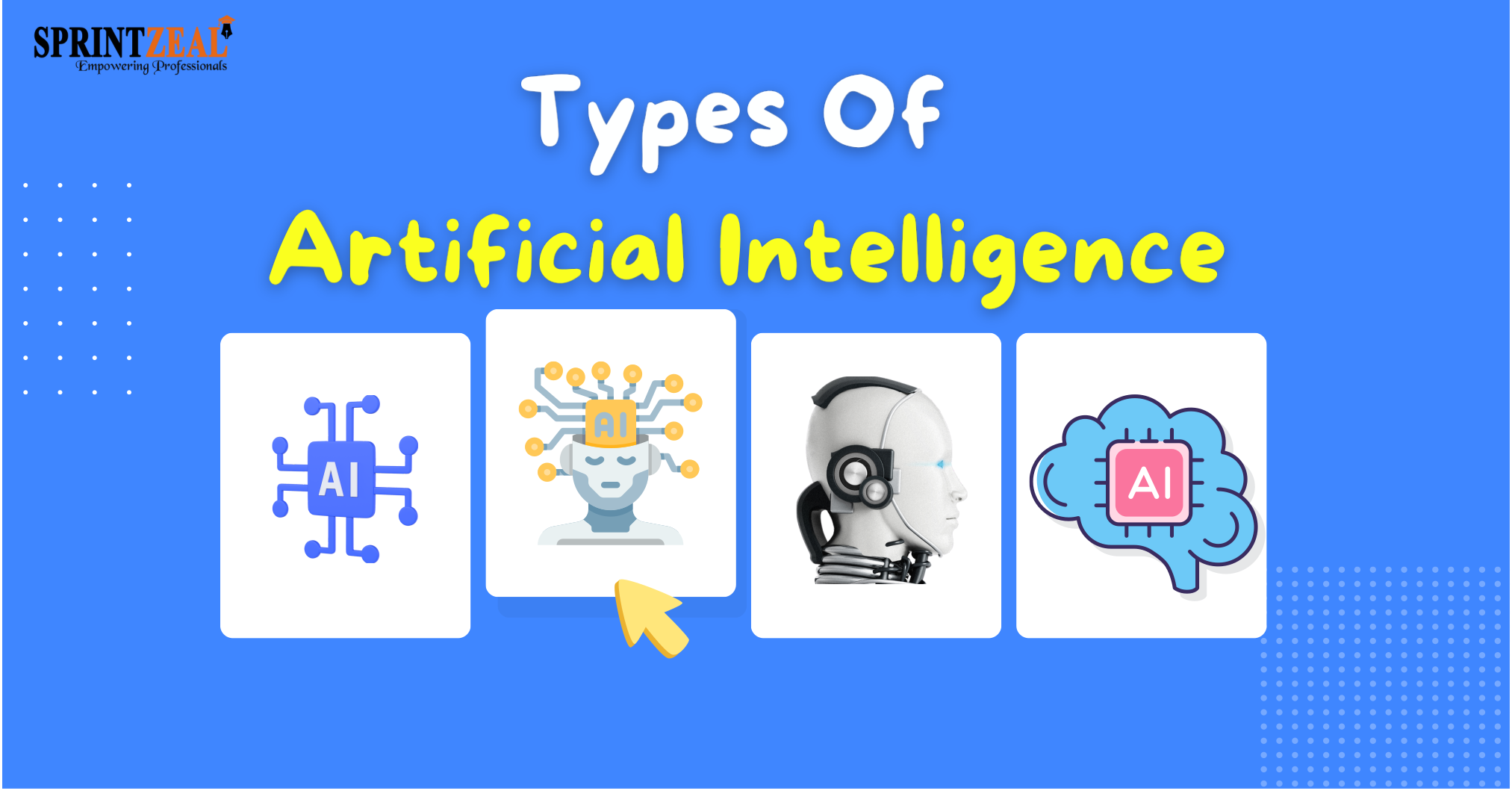What Is Artificial Intelligence Definition

Artificial intelligence (AI) refers to the development of computer systems that can perform tasks that would typically require human intelligence, such as learning, problem-solving, decision-making, and perception. These systems use algorithms and data to make decisions, often without being explicitly programmed for a specific task. The goal of AI is to create machines that can think and act like humans, or even surpass human capabilities in certain areas.
One of the key aspects of AI is its ability to learn from data and improve its performance over time. This is achieved through machine learning, a subset of AI that involves training algorithms on large datasets to enable them to make predictions or take actions. Machine learning is a crucial component of many AI applications, including image recognition, natural language processing, and predictive analytics.
AI has numerous applications across various industries, including healthcare, finance, transportation, and education. For instance, AI-powered systems can analyze medical images to diagnose diseases, predict stock prices, optimize traffic flow, and personalize learning experiences for students. The use of AI has also raised important questions about the future of work, the ethics of automation, and the potential risks and benefits of creating intelligent machines.
To better understand AI, it’s essential to explore its different types, including narrow or weak AI, general or strong AI, and superintelligence. Narrow AI refers to systems designed to perform a specific task, such as facial recognition or language translation. General AI, on the other hand, aims to create machines that can perform any intellectual task that a human can. Superintelligence refers to AI systems that significantly surpass human intelligence, which is still a topic of debate and research.
The history of AI dates back to the 1950s, when computer scientists like Alan Turing, Marvin Minsky, and John McCarthy began exploring the possibilities of machine intelligence. Since then, AI has undergone significant developments, from the creation of the first AI program, Logical Theorist, to the emergence of deep learning and neural networks.
Despite the progress made in AI, there are still challenges to overcome, such as the need for high-quality data, the risk of bias in AI systems, and the importance of ensuring that AI is developed and used responsibly. As AI continues to evolve and become more integrated into our daily lives, it’s crucial to address these challenges and ensure that the benefits of AI are equitably distributed.
Some of the key benefits of AI include improved efficiency, enhanced decision-making, and increased productivity. AI can automate repetitive tasks, freeing up humans to focus on more creative and strategic work. AI can also analyze vast amounts of data, providing insights that can inform business decisions, medical diagnoses, and environmental sustainability efforts.
However, there are also concerns about the impact of AI on employment, privacy, and safety. As AI replaces certain jobs, there is a need to retrain and upskill workers to adapt to an AI-driven economy. Additionally, AI systems can collect and analyze vast amounts of personal data, raising concerns about privacy and surveillance. Finally, AI systems can be vulnerable to cyber attacks and data breaches, highlighting the importance of robust security measures.
To illustrate the concept of AI, consider a self-driving car, which uses a combination of sensors, GPS, and machine learning algorithms to navigate roads and avoid obstacles. The car’s AI system can learn from experience, adapting to new situations and improving its performance over time. This example demonstrates the potential of AI to transform industries and improve our daily lives.
Another example is the use of AI in healthcare, where machine learning algorithms can analyze medical images to diagnose diseases, such as cancer, more accurately and quickly than human doctors. AI can also help personalize treatment plans, predicting which patients are most likely to respond to specific therapies.
As AI continues to advance, it’s essential to prioritize transparency, accountability, and ethics in AI development. This includes ensuring that AI systems are designed to align with human values, such as fairness, respect, and dignity. By doing so, we can harness the benefits of AI while minimizing its risks and challenges.
The development of AI also raises important questions about the potential risks and benefits of creating intelligent machines. While AI has the potential to improve our lives in many ways, it also poses risks, such as job displacement, bias, and cybersecurity threats. To address these challenges, it’s essential to develop and implement robust safeguards, such as regulations, standards, and best practices for AI development and deployment.
In conclusion, AI is a rapidly evolving field that has the potential to transform numerous aspects of our lives. From its definition and types to its applications and challenges, AI is a complex and multifaceted topic that requires careful consideration and analysis. As we continue to develop and deploy AI systems, it’s essential to prioritize transparency, accountability, and ethics, ensuring that these systems align with human values and promote a better future for all.
Pros of AI:
- Improved efficiency and productivity
- Enhanced decision-making and analytics
- Increased accuracy and precision
- Personalized experiences and services
Cons of AI:
- Job displacement and unemployment
- Bias and discrimination in AI systems
- Cybersecurity risks and vulnerabilities
- Dependence on data quality and availability
What is the definition of artificial intelligence?
+Artificial intelligence refers to the development of computer systems that can perform tasks that would typically require human intelligence, such as learning, problem-solving, decision-making, and perception.
What are the different types of artificial intelligence?
+There are several types of artificial intelligence, including narrow or weak AI, general or strong AI, and superintelligence. Narrow AI refers to systems designed to perform a specific task, while general AI aims to create machines that can perform any intellectual task that a human can.
What are the benefits of artificial intelligence?
+The benefits of artificial intelligence include improved efficiency, enhanced decision-making, and increased productivity. AI can automate repetitive tasks, freeing up humans to focus on more creative and strategic work.


